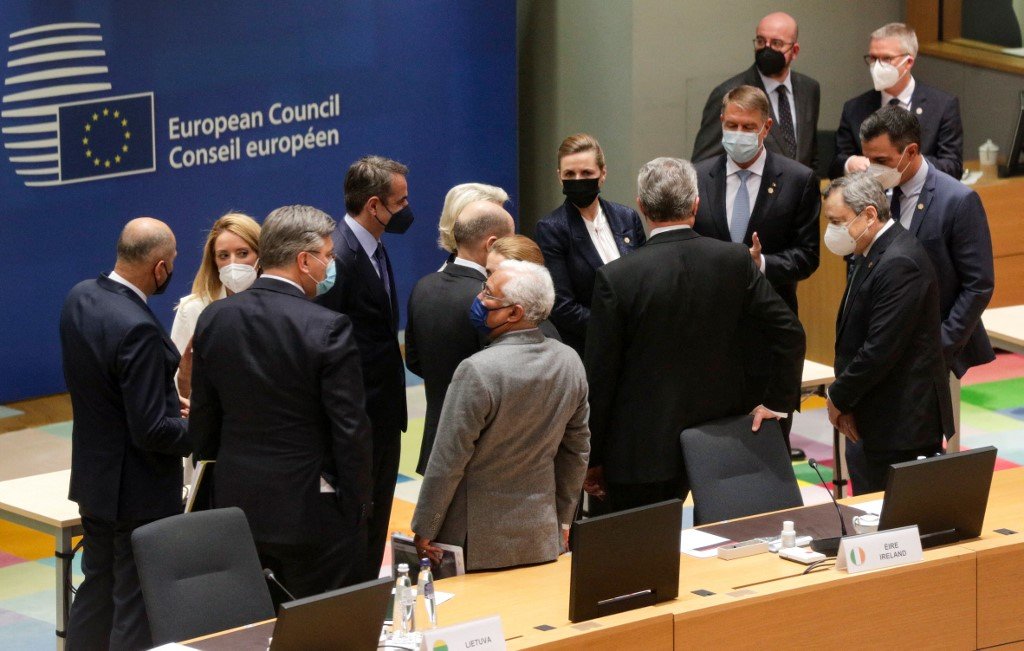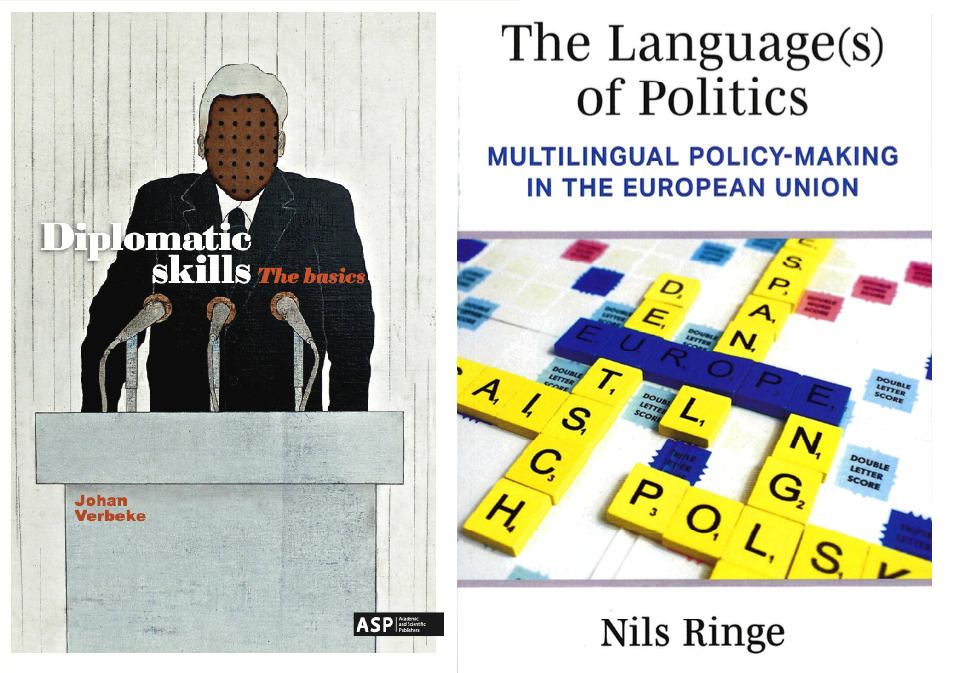In contrast with national politics, most participants in EU politics have to interact in a language that is not their mother tongue. While this may worsen the average elegance of the speeches, it should boost the quality of the policies.
Philosopher Philippe Van Parijs reflects on current events and debates in Brussels, Belgium and Europe
Thanks to Brexit, English can make a far more credible claim to providing the European Union with a neutral lingua franca. But as a result of Brexit, few native speakers of English will be left in and around European institutions. Is this a problem? Quite the contrary. Two new books, very different from one another, suggest that politics conducted in a non-native language tends to be better politics.
In Diplomatic Skills (Brussels, ASP, 2022), Johan Verbeke, former Belgian ambassador to the United Kingdom, the United States and the United Nations, draws the linguistic lessons of his long diplomatic experience. “Speaking as a non-native”, he notes, “makes you think explicitly, and hence more carefully, about what you are going to say. You will be thinking faster than you speak… Being less emotional, a non-native speaker’s decision-making will be generally more rational, more calculated.” Moreover, whereas “there is nothing heroic in speaking your own language well…, appreciation accrues to people who make the effort and have the talent to speak a foreign language”. Others will tend to be “more understanding of their situation, more tolerant and generally more cooperative towards them.”
Good news then. In a diplomatic context, using a non-native language is an asset, not a handicap. Negotiations conducted in a non-native language display more rationality and are facilitated by greater empathy. But can this be extrapolated to European politics? In The Language(s) of Politics. Multilingual policy-making in the European Union (Ann Arbor, University of Michigan Press, 2022), University of Wisconsin political scientist Nils Ringe presents the results of several years of research on the linguistic dimension of EU-level politics. What are his main findings?
Communication in a lingua franca, he observes, is no doubt less eloquent and less sophisticated than communication in one’s native language, but also more deliberative, more abstract and more consequentialist. It thereby leads to a more empathetic, less passionate, less mobilizing, less ideological, “defanged” form of politics. Compared to national politics, less value tends to be given to rhetoric and charisma, and more to substance.
In support of these claims, Ringe mobilizes experimental literature that suggests that when speaking in a non-native language we use a different part of our brain and tend to be more sensitive to outcomes and less to intentions, more driven by reason and less by emotion than when speaking in our native language. In addition, he backs his claims with a quantitative comparison of conversations held about similar topics by non-native and native speakers of English.
However, the bulk of the evidence Ringe invokes is of a qualitative nature: a large number of interviews with people operating in various capacities in the European institutions. According to converging testimonies, people who have to interact in a language that is not their native language are obviously more limited in their capacity to express themselves. They also anticipate the limitations of their audiences and speech partners, which further contributes to the adoption of a simpler, more neutral language that avoids idiomatic expressions and puns or formulations that might unintentionally irritate or offend. The overall effect, according to many of the interviewees, is a blander, more content-focused, more rational, less emotional conversation style, and also a general attitude of greater tolerance and even empathy: speakers understand that they can easily misunderstand or be misunderstood and appreciate one another’s efforts to express themselves in a language that is not their best language in order to facilitate communication
Ringe also documents the analogous effects of the practice of interpretation: non-native language and interpreted language, it turns out, “are closer to each other than each is to native language”. His main findings, however, concern the effects of generalized non-native speech. And they support Ambassador Verbeke’s observations. Post-Brexit EU politics is more than ever conducted in a language that is not people’s native language. This does not prevent political agendas from being pursued or political disagreements from being addressed. But they are expressed in a “defanged” register, more boring perhaps, less passionate, less exciting, but gentler and more content-focused. So much the better — at least on my standards.


